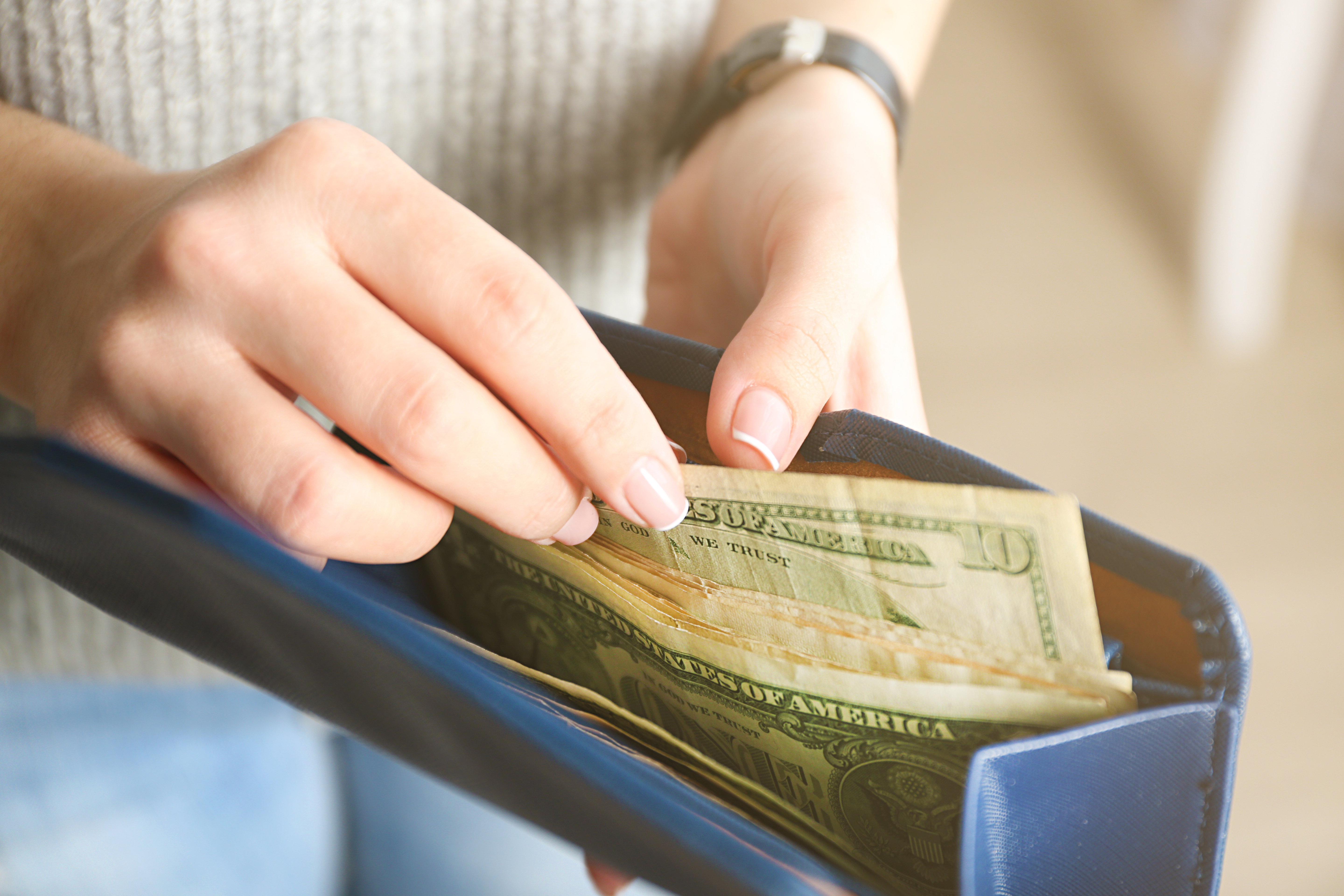by Danny Feldman
T here are all kinds of common money mistakes that people often make. These mistakes that keep them in debt or, at the least, keep them from accumulating as much money as they otherwise would have.
Living too large – Many mistakes fall under this category. The bottom line is that if you live beyond your means, you will always be in debt, no matter how much money you make. When I was a young lawyer, an experienced lawyer told me something which has always stuck with me. He said, “you know what the difference is between young lawyers making what you make (which was somewhere between $50-$75,000) and the partners (who were making $300,000 plus)? Not much – they’ve got a bigger house, a nicer car and a place at the lake, but they’ve also got bigger mortgage notes, bigger car notes, private school tuitions and private club dues. Basically, they are living paycheck to paycheck, just like you, only their paycheck is bigger and their debt is bigger. If they quit working, they’d sink just as fast as you would.” What he told me stuck with me because it’s just as true today as it was when he told me.
As incredible as it is, I’ve seen people making very substantial six and seven figure salaries who really do live paycheck to paycheck. They have a lot of “stuff” but that’s about it. So, whether it’s the bigger home, the new car or boat, the $250 bottle of Scotch, the $1,000 suit – before you buy it, ask yourself if you really can afford it. Obviously, some people can, but if you aren’t putting away money, or if you are spending and you don’t have an emergency fund, (enough saved that you can comfortably live for 6 months or so) then you probably cannot afford whatever it is that you are considering buying.
Not having a budget – This mistake goes hand-in-hand with the first. If you don’t have a budget, then how can you know what you can afford? And, the answer is: you cannot. In any budget, there are certain items which absolutely must be paid – you need a roof over your head, food on the table, in the south AC in the summer and in the north heat in the winter. So, there has to be room for these items. And, after that, it is important that you pay yourself. What does this mean? This means that from every paycheck or bonus, you set aside a certain percentage for savings.
First, you build up and maintain your emergency fund. Then, you save as much as you can. If your employer has a 401(k) savings plan, you participate and invest at least enough money to take full advantage of an employer match. Money saved in your 20s and 30s and invested appropriately grows dramatically over the decades. So, having a budget and making sure that you are saving and investing is even more important when you are first getting started because by the time you retire, what you saved when you are 25 will be worth much more than what you saved when you are 50.
Spending on and carrying credit card debt – Having and using a credit card is fine. Indeed, when you are young, appropriate use of a credit card will help you establish a good credit rating. But, be sure to pay your credit card off in full each month. And, realize that spending with a credit card is really spending. When I was younger, I played tennis with a group of friends every Wednesday night and then we’d go drink a couple of beers. Occasionally, I did not have cash, so I’d put the group’s bar tab on my card. Each person would pay me and like magic, I’d collect $30 in cash and feel like I’d bought everyone’s drinks. Of course, there would be a $40 charge on my card which had to be paid. The point is that spending on a credit card can feel painless, but it is spending that will have to be paid. And, as everyone knows, interest on credit cards is ridiculously high, often running between 15-20%. So, not only do you have to pay off the price of the item, if you don’t pay the balance in full, you will be paying a very high rate of interest to boot.
Do this for a while and you will find that your credit card debt has grown significantly. Remember, if you do have high credit card debt and you pay it off, your no risk rate of return is equal to that ridiculously high interest rate you have on the card. Where else can you earn a 19% risk free return on investment? This alone ought to be enough incentive for you to get rid of your credit card debt.
The little things add up – Going out to eat every day, your Starbucks ritual, signing up for subscriptions, exercise club memberships, cell phone usage, new clothes etc. Whatever it is, all these things add up. I really, really enjoy drinking coffee in the morning. But, for many years, I refused to pay $2 for a cup of coffee. I eventually convinced myself that I was worth a cup of Starbucks coffee. So, I buy a $3 cup of coffee, probably 5 mornings a week. With tax and tip, it works out to $780/year. Throw in the occasional breakfast sandwich etc. and my coffee habit is pushing $1,000/year.
This, still may not seem like much, but combine it with all of the other little things in our lives which we spend on – cell phones, subscriptions, eating out, clothes, whatever and it adds up pretty quickly. Be cognizant. Know what you are spending on. Make a conscious decision that this is how you want to spend your money. Otherwise, your spending will be out of control and you won’t even know it.
Don’t be in denial – Which brings me to the final mistake. When people know things aren’t right, they tend to ignore or even deny their existence. As a partner in a law firm, I take a draw. In other words, my taxes do not come out of each paycheck; I pay them quarterly. So, I have got to set aside a large percentage of my draw (25-30%) to pay taxes. Same is true for any bonus. If I don’t do this then at the end of the year there is going to be a tax bill due to the IRS and no amount of denying it is going to change the fact that I have to pay it. I see the same thing with clients of mine. They are injured in an incident which wasn’t their fault; their income stops coming in, their bills don’t, and they come to me and dump a bunch of unopened mail on my desk – from the power company, the cable company, the cell phone company, the mortgage note, etc. The sad fact of the matter is that just because you quit opening bills does not mean that you don’t have to pay them or deal with the consequences of not paying them.
So, one can go on forever regarding money mistakes. Hopefully, just eliminating the 5 above will put you on the right track in not getting into, or trying to get out of, debt.








Leave A Comment